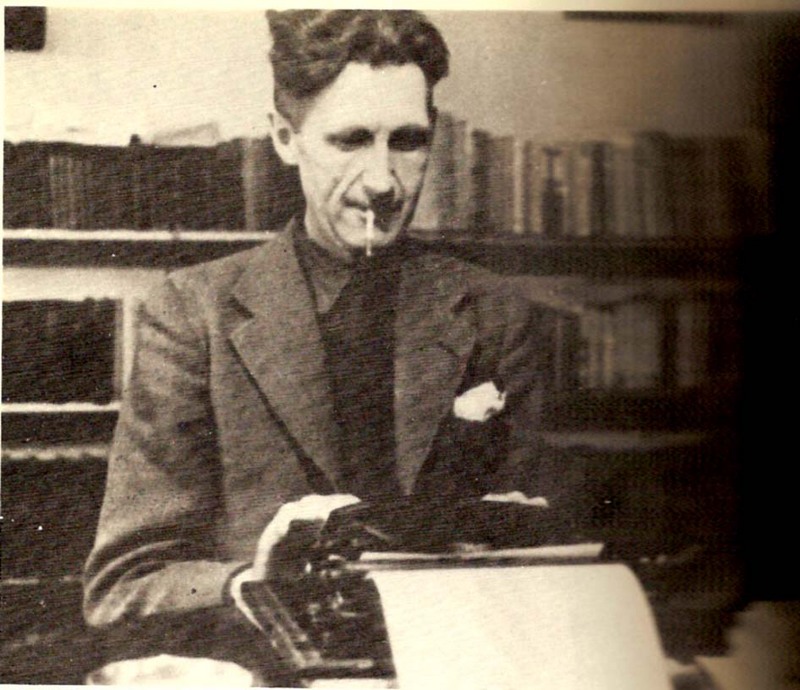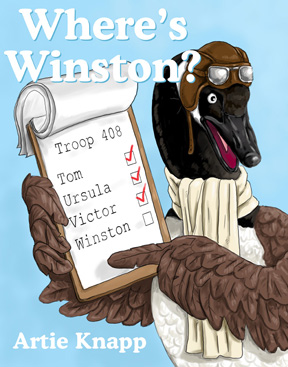 The excellent literary blog called The Elegant Variations has a 4-part post that reprints an essay by Susan Bell about F. Scott Fitzgerald’s revisions to The Great Gatsby through his close work with editor Max Perkins. Bell discusses the absolutely crystal sharp writing in Gatsby that was the result of meticulous rewrites from Fitzgerald and a strong editorial viewpoint from Perkins that the author was more than willing to acknowledge after publication.
The excellent literary blog called The Elegant Variations has a 4-part post that reprints an essay by Susan Bell about F. Scott Fitzgerald’s revisions to The Great Gatsby through his close work with editor Max Perkins. Bell discusses the absolutely crystal sharp writing in Gatsby that was the result of meticulous rewrites from Fitzgerald and a strong editorial viewpoint from Perkins that the author was more than willing to acknowledge after publication.
Critical reaction at the time of the novel’s publication noted its incredibly polished writing:
For H. L. Mencken, the novel had “a careful and brilliant finish. . . . There is evidence in every line of hard and intelligent effort. . . . The author wrote, tore up, rewrote, tore up again. There are pages so artfully contrived that one can no more imagine improvising them than one can imagine improvising a fugue.
Here’s another quote from Bell’s essay:
In autumn 1924, Fitzgerald sent Perkins the Gatsby manuscript. The editor diagnosed its kinks, then wrote a letter of lavish praise and unabashed criticism. “And as for the sheer writing, it is astonishing,” wrote Perkins. “The amount of meaning you get into a sentence, the dimensions and intensity of the impression you make a paragraph carry are most extraordinary.” A crucial problem, though, was the hero’s palpability. Perkins explained:
Among a set of characters marvelously palpable and vital—I would know Tom Buchanan if I met him on the street and would avoid him—Gatsby is somewhat vague. The reader’s eyes can never quite focus upon him, his outlines are dim. Now everything about Gatsby is more or less a mystery, i.e. more or less vague, and this may be somewhat of an artistic intention, but I think it is mistaken.
 New Statesman has a very interesting
New Statesman has a very interesting  Lucky
Lucky 